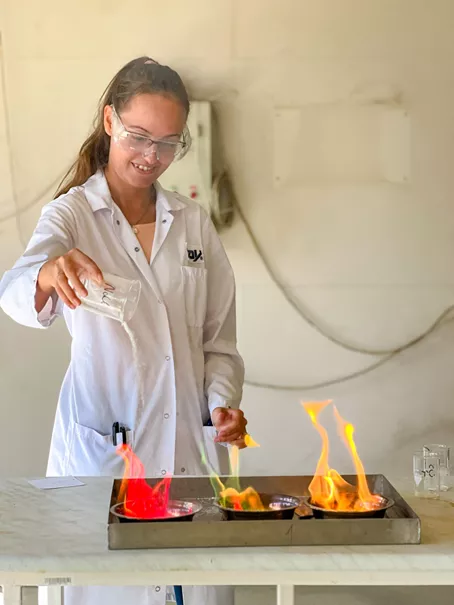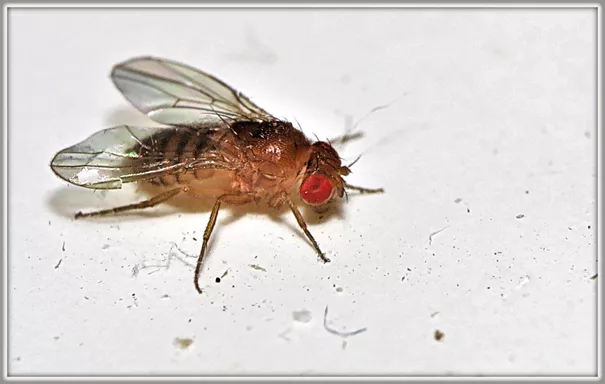Comet cooking, robot dogs, spectacular experiments, and AI galore. This weekend, science takes centre stage at the Museum of Fine Arts in Budapest, offering a wealth of fascinating presentations and exciting experiments for visitors. We've selected five must-see programmes from HUN-REN institutes that no secondary school student should miss.
1. These are the robots to look out for
Celebrating its 60th anniversary this year, the HUN-REN Institute for Computer Science and Control (HUN-REN SZTAKI) is bringing several robots to the event, but the star attraction will likely be the robot dog, aptly named 'Cat Catcher'. It understands commands in Hungarian and eagerly follows its owner—something visitors can test for themselves on Thursday. For those more fascinated by drones than dogs, there’s also plenty to see. A hydrogen-powered drone will soar over Heroes' Square, offering extended flight duration while being more robust than conventional drones. And if that’s not enough, a robot will be on hand to create lifelike portraits of visitors at lightning speed.
2. How to cook a comet
The HUN-REN Research Centre for Astronomy and Earth Sciences has recently made numerous remarkable discoveries, including comets and near-Earth asteroids. While all these topics will be covered over the three days, their presentation entitled 'Comet Cooking' promises to be the most captivating. Researchers from HUN-REN CSFK will create a model of a comet nucleus using a special recipe, enriched with fascinating insights into orbital characteristics, the origins of comets, and much more.

3. Why everyone loves chemistry
The colourful and captivating experiments were the highlight of chemistry lessons, even for those who didn’t go on to become researchers, chemists, or teachers. Researchers from the Bay Zoltán Research Centre are ensuring that the Science Expo audience will experience experiments far more spectacular than those typically seen in a classroom. What’s more, attendees can not only watch but also ask questions about the phenomena. Visitors will also learn about the first chemists, how they shaped the world, and the essential role chemistry plays in our everyday lives.

4. How to embrace AI
The three days are packed with exciting panel discussions on sustainability, climate protection, and self-driving cars, but one common thread ties nearly all of them together: artificial intelligence (AI). AI even has its own dedicated session. Thursday afternoon's discussion will delve into how AI can be controlled and harnessed to benefit humanity. It will also address the ethical, legal, and technological challenges of AI, as well as how to integrate this technology into our daily lives in a sustainable and responsible way.

5. How does a tiny insect help mankind?
Laboratory animals, but not rats, mice, or even monkeys—these are much smaller and have been helping us in medicine for a very long time. Researchers from the HUN-REN Biological Research Centre in Szeged (HUN-REN BRC) will explain at the Science Expo how and why they use fruit flies (Drosophila melanogaster) in the service of medicine. They will also use microscopes and videos to showcase these insects in detail, allowing curious visitors to take a closer look.

More detailed programmes are available here. The organisers reserve the right to alter the programme.
- Renewing HUN-REN
-
The modernising HUN-REN aims to become one of the most effective research organisations in Europe. The new leadership of HUN-REN seeks to establish a well-funded, open research institution system focused on social and economic issues, which can make a significant contribution to Hungary's social and economic success.
Researchers within the HUN-REN network can expect a long-term, consistent, value-driven, and performance-based funding system, mutually reinforcing structure and operation, nationally and internationally competitive salaries, as well as a predictable research career in an organisation with a strong entrepreneurial and collaborative mindset, administrative and procurement services to support researchers, and a significant emphasis on relationships beyond academia.